Best Type of Cookware to be Used on Radiant Smooth Glass Cooktops
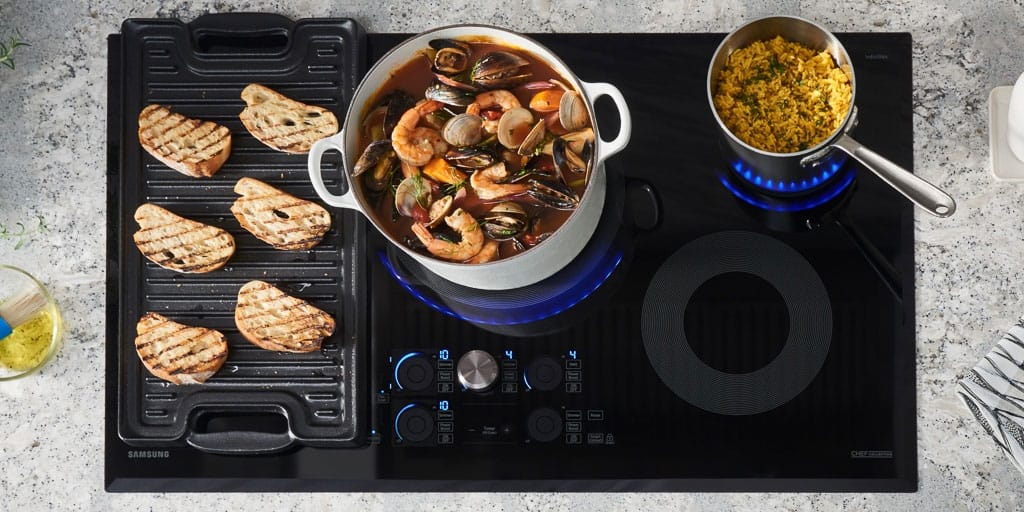
Radiant glass cooktops are hands down one of the most aesthetically pleasing options out of other types. With easy-to-operate controls, higher temperature reach, sleek lines and smooth surfaces aiding in convenient cleaning; radiant electric cooktops have made quite an impact in modern kitchens. However, there have been some concerns regarding the suitability of the traditional types of cookware for radiant glass stovetops.
While the cooktop itself does not have any specific requirements to be able to transfer heat to the cookware unlike induction cooktops, but some cookware types may contribute in decreased efficiency and scratching or even shattering of the surface. The working of radiant electric cooktops is different from their induction counterparts and these do not require special induction-ready magnetic cookware. However, there are certain types of cookware that are deemed optimal to be used with radiant glass cooktops. This applies to portable electric stoves glass top just as much. The suggested cookware when used with glass top stoves help in quick, efficient and even transfer of heat while ensuring zero damage to the smooth surface of the glass top stove.
Best Cookware for Glass top Stoves – Our Recommendations!
1. Stainless steel Cookware
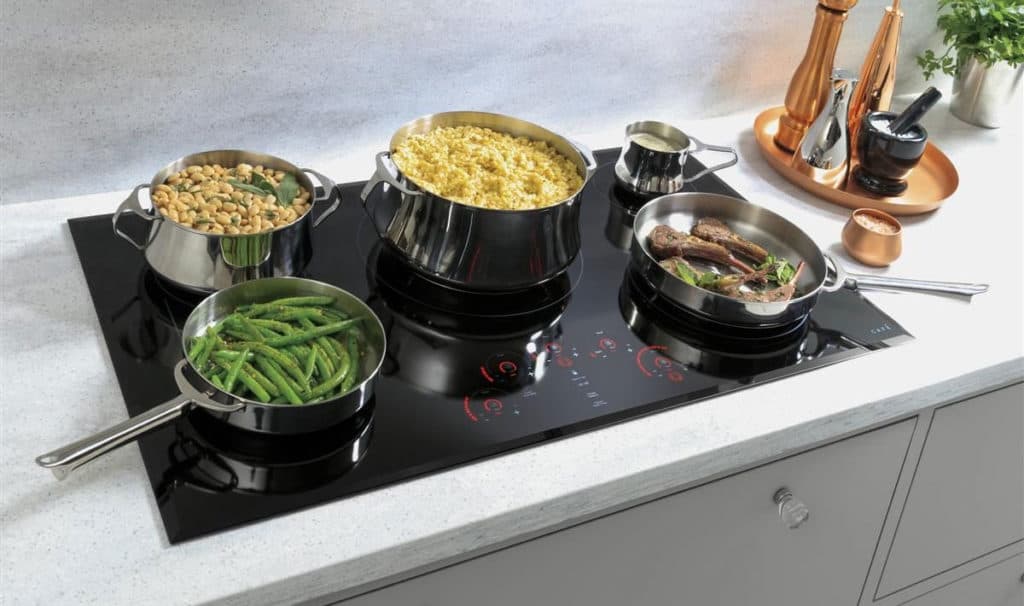
Stainless steel pans have multiple desirable aspects that make them an appropriate option to be used with electric glass top stoves. Cookware made from food grade stainless steel are light, chemical-free and fast at conducting heat. This food grade stainless steel is popularly known as ‘type 304 stainless steel’. However, it isn’t just the material of the cookware but also its design.
You must ensure that the stainless steel pans you choose for your glass top stove are flat-bottomed and not serrated. This is will allow for an even contact throughout the diameter of the heating element leading to a better heat transfer efficiency.
2. Ceramic coated Aluminium Cookware

Aluminium reinforced cookware is more prevalent than other metallic pans and there’s a very pragmatic reason behind it. Aluminium is a metal with one of the highest thermal conductivities making it suitable for cooking applications. The same aspect makes it compatible with electric radiant glass cooktops.
Flat-bottomed ceramic cookware with an aluminium base work fairly good with glass top stoves. Beside efficient heat transfer and even cooking, these provide the benefit of non-stick cooking too. Additionally, hard anodized aluminium cookware is preferable too owing to similar benefits.
3. Copper bottom Skillets
Hybrid cookware with a heavy gauge base layer of copper works well with glass stovetops. Like other metallic cookware, copper bottom pots conduct heat fairly efficiently and there isn’t substantial loss at the cooktop-cookware interface. You just need to ensure that the pans you select are moderately heavy and come with evenly flat bottom surfaces.
Cookware Not Recommended With Glass top Stoves
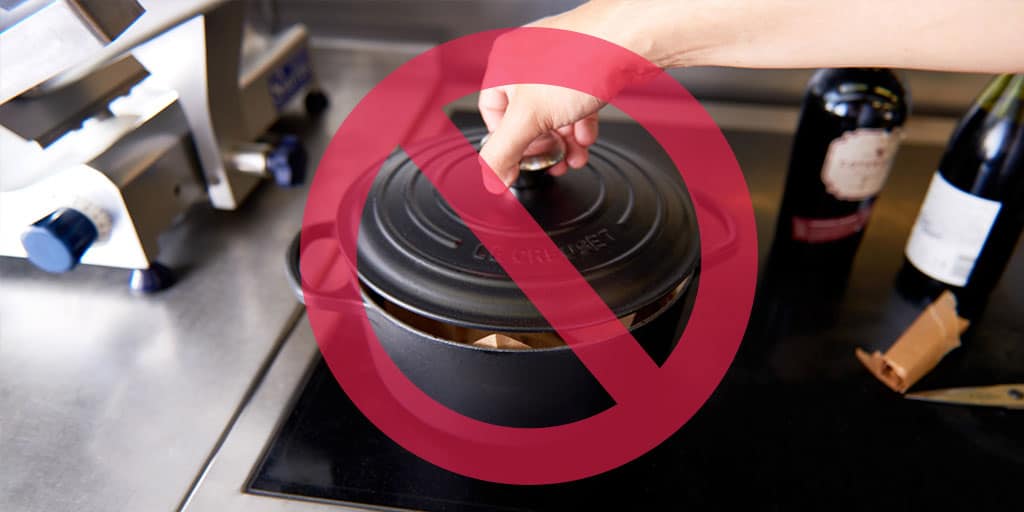
1. Cast Iron Cookware
Can you use cast iron pans on a glass top stove? Yes, but it isn’t recommended! (Check if cast iron specifically works for induction smoothtops). Let us elaborate. Cast iron pans certainly work with radiant electric smoothtops but there can be inconveniences. Cast iron cookware often lacks the smooth finish that other metallic pans do. Such a rough contact interface could scratch the glass surface. Porcelain coated cast iron cookware solves this concern but still has the higher heat retention issue.
All cast iron skillets have superior heat retention. Meaning, they take longer to heat up and retain amplified magnitude of heat on higher temperatures. This could trigger the safety feature of protection against overheating by shutting power to the concerned element.
2. Ceramic or Glass Cookware
Solid 100% ceramic or glass cookware is not a good match for radiant glass cooktops. Both being inorganic composites have poor thermal conductivities. Meaning, if used, they will require longer times to heat up and further pose a threat of scratching the surface. Similarly, you should avoid stoneware for the very same reasons.
Final Thoughts
Glass cooktops, although trendy, convenient and feature-packed are rather fragile and require great care and caution to maintain. If you’ve just upgraded or are currently looking for a new radiant glass stove top or an induction-based smoothtop, this is the time where you need to get equipped with the knowledge than you could easily damage your new cooktop with use of inappropriate cooking utensils. Will your previous set of pans work fine or you’d need to get some new ones? Here’s what you need to decipher your answers.
Stainless steel pans are the best when it comes to glass cooktops. These are light, easy on the smoothtop and do not have any safety concerns whatsoever. Other metallic cookware like hard anodized aluminium and copper-bottom pans are fine too. The only requisite is that they must have a smooth, flat bottom for uninterrupted contact with the element. However, you must avoid solid glass, ceramic and stone cookware as each have a risk of scratching the cooktop surface. Also, avoid pure cast iron pans due to their potential of excessive heat retention.

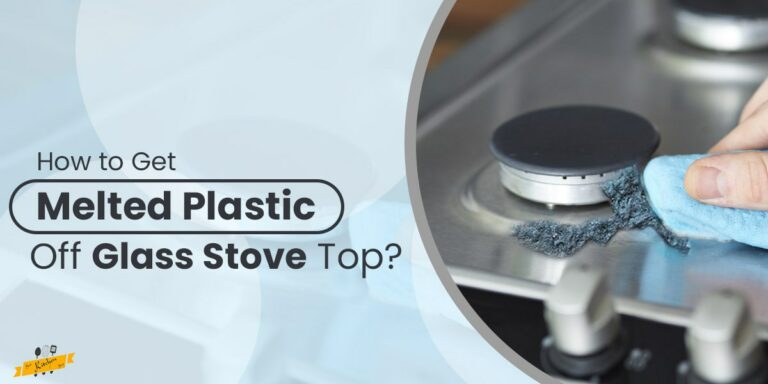
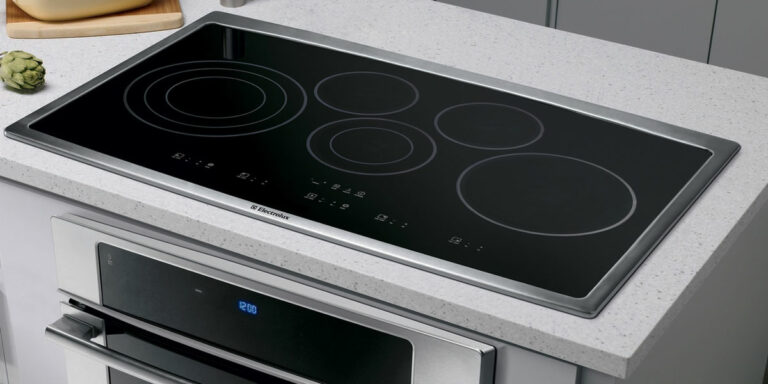
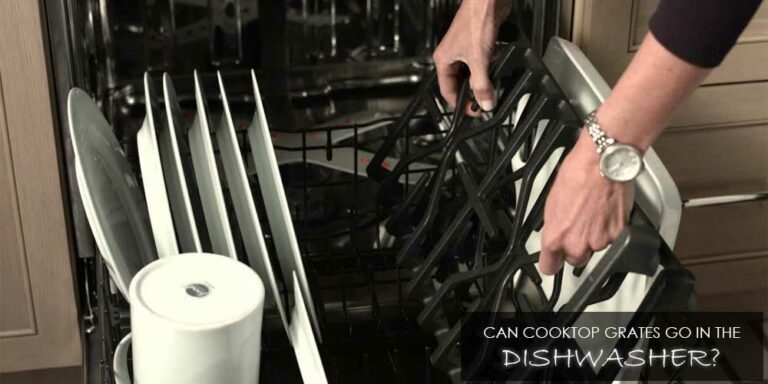
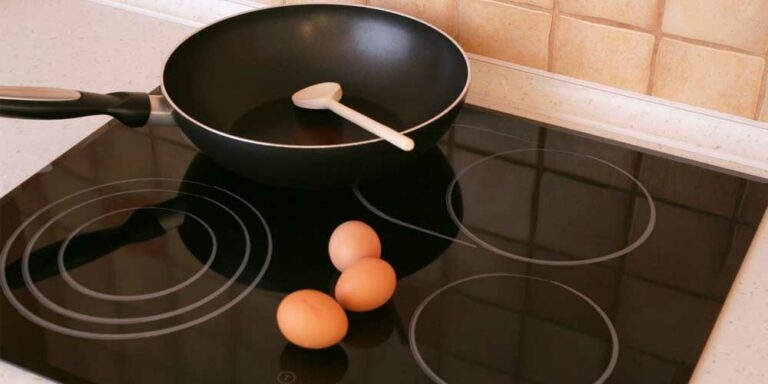
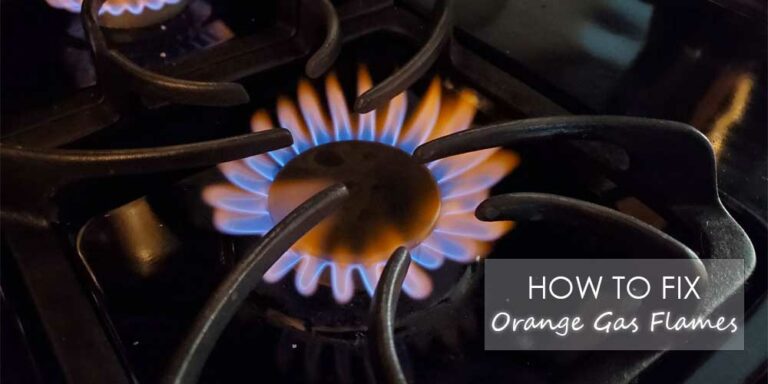
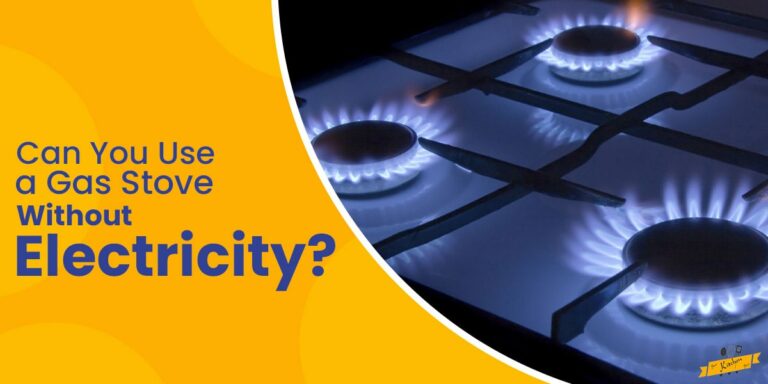
How about enamel-coated cookware on glasstop electric stoves?
Thank you this is very helpful I have just purchase a glass top stove and found out my old cookware is not working I’m just wondering which is the best to buy